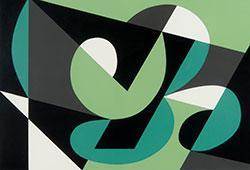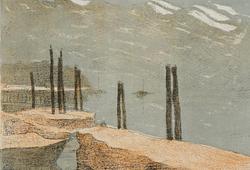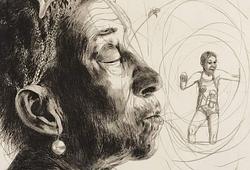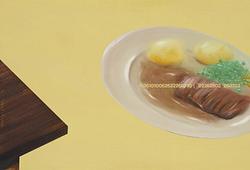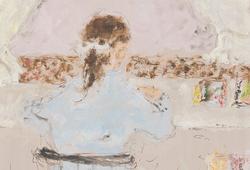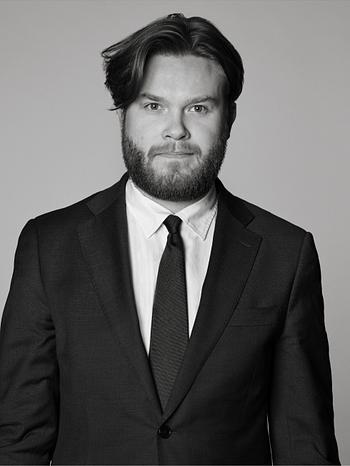Bruno Liljefors
Eiders on a skerry
Signed Bruno Liljefors and dated 1920. Oil on canvas 68 x 100 cm.
Provenance
Bukowski Auktioner, Vårens Klassiska auktion 562, 14 - 17 June 2011, lot 88.
More information
From the summer of 1894, Bruno Liljefors expanded his artistic "hunting grounds" from the plains of Uppland to the Stockholm archipelago, where among the islets, rocky outcrops, waves, and surf, he found new subjects in the rich birdlife of the coastal band.
In 1908, Liljefors purchased Bullerön, located at the outer edge of the Stockholm archipelago. Bullerön is the main island in the Bullerö archipelago, which is now a nature reserve encompassing around 900 islands, islets, and skerries. Here on the island, at Rävängen, the artist built a hunting lodge where he and his family spent their summers. In the early 20th century, Liljefors and his friends in the "Bullerö Group" made the archipelago more widely known. The circle of friends included artists such as Anders Zorn, Albert Engström, Axel Sjöberg, and "the flying baron" Carl Cederström. It is said that when Bruno Liljefors visited his lodge with his friends, they would load a schooner with supplies - plenty of food and drink as well as kitchen staff - and head out to Bullerön. They feasted and enjoyed themselves for several days until the food and drink ran out. Then they simply concluded and headed home. A small bay east of Rävängen is today named "Zorn's Bay" because Zorn used to moor his sailing boat Mejt there.
In 1923, Liljefors sold Bullerön to the businessman and newspaperman Torsten Kreuger, brother of the financier Ivar Kreuger. Kreuger expanded the hunting lodge and invited several famous film stars such as Mary Pickford, Errol Flynn, and Sir Charlie Chaplin to enjoy the Swedish archipelago. The state purchased the Bullerö archipelago in 1967.
From his preserved hunting lodge on Bullerön, which was used by the artist from 1908 to 1923, Liljefors could study the archipelago's birds and animals in their natural environment. It was with inspiration from the beauty of this Swedish archipelago that "Eiders on a Skerry" was created in 1920.
Artist
Bruno Liljefors is the Swedish artist best known for his nature and animal motifs, especially in dramatic situations. Liljefors started with studies at the Academy of Arts in 1879, and continued 1882 in Düsseldorf where the studies revolved around animal painting. The journey then continued to Venice, Rome, Naples, Paris and Grez. Once back in Sweden, he began to draw and paint animals, especially cats and small birds, from the beginning in intimate interaction with nature. He then moved on to broader depictions of wild animals and nature, of seascapes with seabirds and of dramatic scenes of battles between birds. Liljefors is known as our country's foremost animal painter with a large production. Liljefors depicted, in contrast to the "idyllic" animal painting, the animals everyday life with a focus on movement, anatomy and their adaptation to the landscape. This is where the greatness of his painting lies, in the ability to show the animals in their proper environment. He has achieved this by hunting and observing. Well-known works of art are the paintings "Rävfamilj" (1886) and "Havsörnar" (1897), as well as the sculpture "Lek" (1930) at Stockholm Stadium. Liljefors is mainly represented at the National Museum, Waldemarsudde and the Thielska gallery in Stockholm.
Read more



